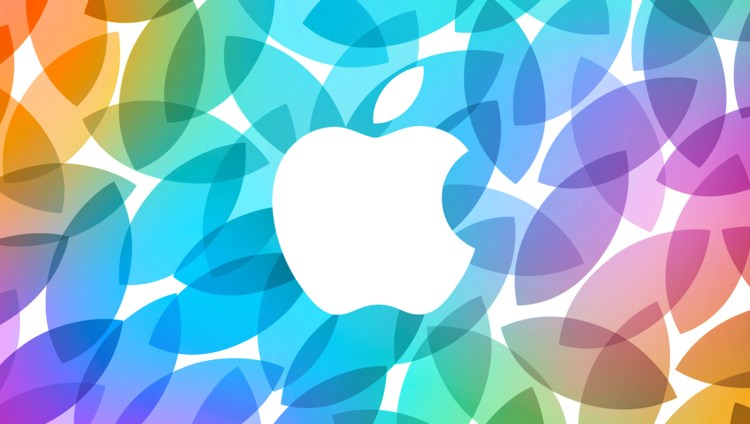In 2012, Apple sold $157 billion worth of iPad, iPhones, Macs, songs, apps, and other assorted technological goodies, making almost $42 billion in profit. This past fiscal year, Apple sold a staggering $171 billion worth of iMerch, but only made $37 billion in profit.
Huh?
 That number, plus the fact that Apple is no longer on a massive growth trajectory, tells you why Apple stock is not at its $700 heights anymore. How can you sell $14 billion more, but make $5 billion less?
That number, plus the fact that Apple is no longer on a massive growth trajectory, tells you why Apple stock is not at its $700 heights anymore. How can you sell $14 billion more, but make $5 billion less?
It’s pretty simple, actually.
As the smartphone and tablet markets mature, the premium prices that Apple has traditionally been able to charge have begun to erode, and Apple’s profitability has suffered. As a percent of sales, Apple’s costs have gone up from 36 percent in 2012 to 38.4 percent in 2013.
That’s costs of $88 billion versus costs of almost $107 billion.
Research and development is up, from $3.4 billion in 2012 to $4.5 billion in 2013, and selling expenses are up $800 million, leading to $15.3 billion in total operating expenses. Cost of sales are now $350 per common share, Apple says, up from $265; R&D is $917 versus $668; selling, general, and administrative expenses were $986, up from $807.
But the big change is simply in margin: 37 percent this past quarter versus 40 percent in the year-ago quarter in 2012.
There is one caveat here:
Because Apple provides iOS updates for free — and now Mac OS X updates for free — Apple has deferred about $900 million in revenue that has already come in to downstream quarters. It will recognize that revenue in later quarters, and that $900 million “goes straight through to margin,” Apple CFO Peter Oppenheimer said today on the earnings call.
Without that deferral, Apple’s margin would have been somewhere north of 38 percent.
But it wasn’t 40 percent, clearly, and that margin rate is unlikely to ever go back up to that range, unless Apple can invent or reinvent new categories, as it did with the smartphone and the tablet, and thereby be able to charge first-mover prices again.
VentureBeat's mission is to be a digital town square for technical decision-makers to gain knowledge about transformative enterprise technology and transact. Learn More

